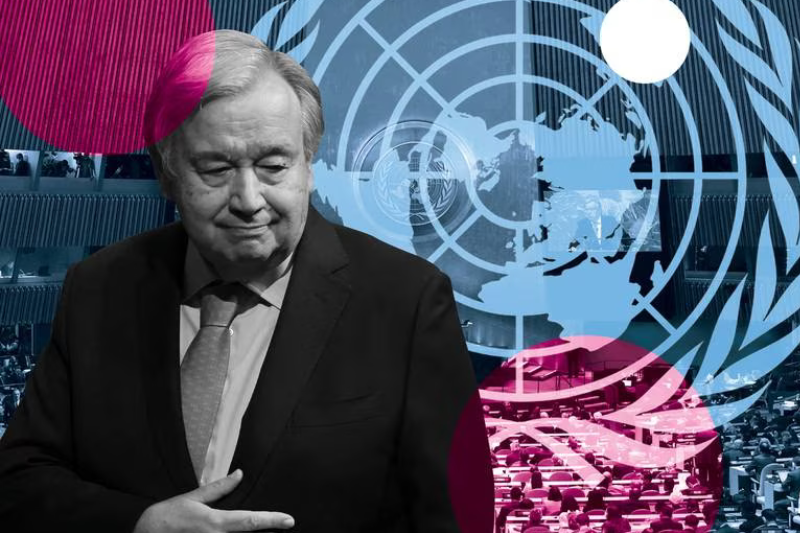
These top leaders will skip the 2023 UN General Assembly
New York City will become an even bigger hub of activity for one week in September as dozens of countries’ top leaders converge for the UN General Assembly.
The excitement is understandable as monarchs, presidents, prime ministers, foreign ministers and other influential figures from across the globe prepare to meet at UNGA 78.
From September 18 – 19, New York City will see a number of prominent figures presenting their visions to the world and engaging in several diplomatic side sessions.
But for some nations, the issue of representation at the top event has either marked a departure from tradition or become somewhat confusing.
Who Will Not Attend The 2023 UNGA?
Top leaders of four out of the five veto-wielding permanent members of the UN Security Council – France, China, Russia and the UK – are choosing to skip this year’s UNGA.
French President Emmanuel Macron has a packed schedule this September as he is set to meet Pope Francis in Marseille on September 22.
He will also be welcoming Britain’s King Charles III after his inaugural trip to France as monarch was postponed owing to violent demonstrations in Paris and other cities.
UK Prime Minister Rishi Sunak will also be breaking with tradition, becoming the first British leader to skip the session in a decade.
In his absence, Deputy Prime Minister Oliver Dowden and Foreign Secretary James Cleverly will spearhead the British delegation at the global forum.
Chinese President Xi Jinping and his Russian counterpart Vladimir Putin rarely attend and will both be skipping this year as well. Foreign Minister Sergey Lavrov will be representing Russia.
Keep Reading
In Focus: Accelerating Trend Of Military Coups Across Africa
So far, it appears US President Joe Biden will be the sole permanent member of the Security Council attending the prominent session.
While the top representatives of most other countries will be attending the event, the issue of representation remains a little confusing for a handful of other nations.
For instance, Niger will not be sending its democratically elected president, Mohamed Bazoum, who was recently overthrown by a military coup.
Instead, its newly-appointed Prime Minister Ali Mahamane Lamine Zeine will be attending. The accelerating trend of military coups across Africa has become a matter of concern worldwide.




